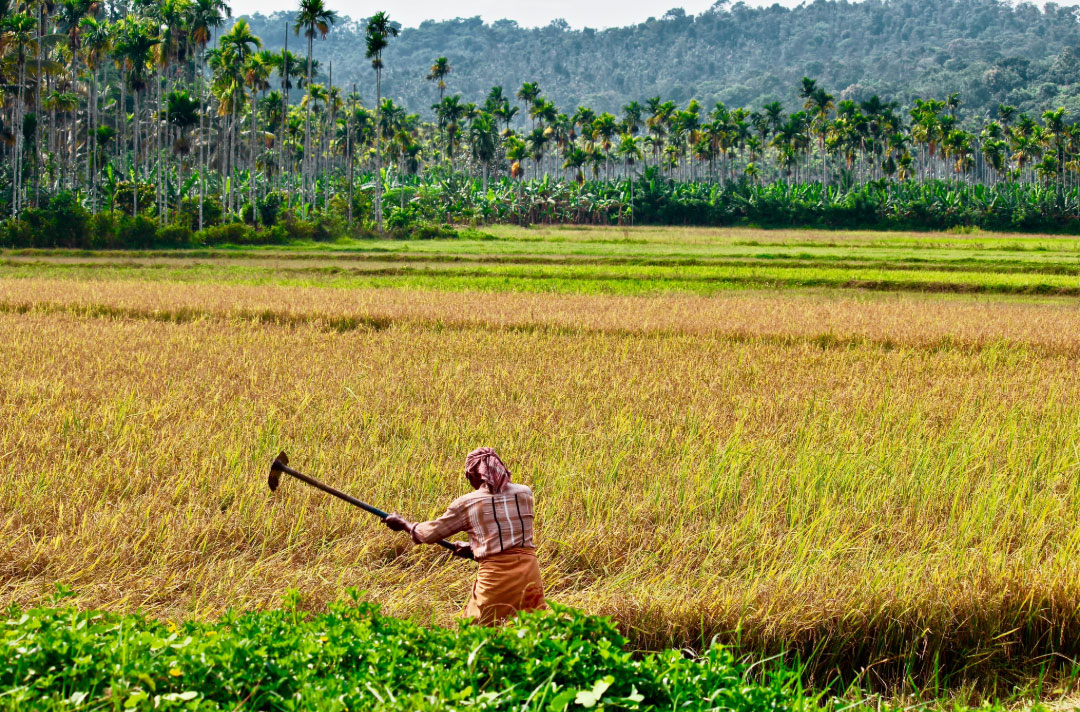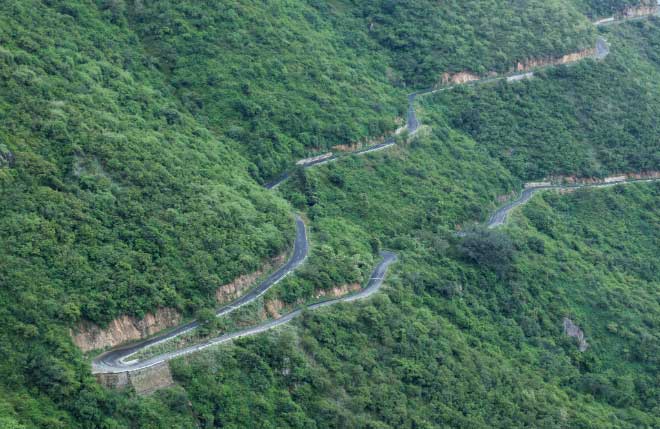In June 2025, a quiet message sent from a brothel in Mumbai sparked a breakthrough in a cross-border human trafficking case. That message came from *Razia, a 21-year-old woman from Bangladesh who had been trapped in a cycle of exploitation for months.
A Promise That Turned into a Trap
Razia had once worked as a salesgirl in Bangladesh. Her life took a dark turn when a woman named *Marina approached her with promises of a high-paying job as a domestic helper in Mumbai. Trusting her, Razia agreed to travel. What followed was a harrowing journey: she and several other girls were taken to the West Bengal border, handed over to a smuggler and taken into India.
A Courageous Cry for Help
After being held for 20 days in Kolkata, the girls were transported to Mumbai. There, Razia was handed over to a group of individuals who forced her into prostitution. Isolated and terrified, Razia eventually managed to contact her family in Bangladesh. That single act of courage set off a chain of events involving a Bangladesh-based organization and the Mumbai Justice Hub, leading to a coordinated rescue effort.
Survivor-Led Intelligence
As communication progressed, Razia introduced another girl from the same brothel, *Nisha, who had been confined for an even longer period. Despite her trauma, Nisha provided critical intelligence about the brothel’s operations. She shared the exact location via WhatsApp with Justice Hub investigators, pinpointing the building where they were hidden.
Following this disclosure, the Justice Hub team launched intensive surveillance and coordinated a rescue plan in collaboration with the local Deputy Commissioner and Mumbai Police. The operation involved multiple internal teams and relied on detailed intelligence, all while prioritizing the safety and swift extraction of the victims.
The Operation: A Unified Response
On June 20, 2025, the operation was launched. The Justice Hub partner alongside police conducted a floor-by-floor search, breaking locks and barriers, inspecting each room for hidden compartments. Razia and Nisha were found on the third floor—among the 45 women rescued from severely exploitative conditions. Many were visibly distressed, and early accounts revealed they had been trafficked or coerced into the sex trade through deception or force.
image: cabinet with hidden compartment

Freedom and Legal Action
The rescue also led to the arrest of 34 perpetrators—including pimps, brothel managers, and owners—as well as 28 customers. Following the raid, Justice Hub lawyers met with the survivors, offering legal support and recording key details. Food and emotional care were provided on-site, as many of the women had not eaten.
Today, the survivors are receiving care in government shelter homes. Legal proceedings are underway. The legal team continues to support survivors through every step—ensuring they are seen, heard, and protected.
A Model for Justice
This operation marks a milestone in the fight against human trafficking in Mumbai. It demonstrates the transformative power of survivor-led intelligence, strategic collaboration, and long-term partnerships. Together, we are building a system where justice is not only possible—it is increasingly expected.
*All names changed to protect identities.


